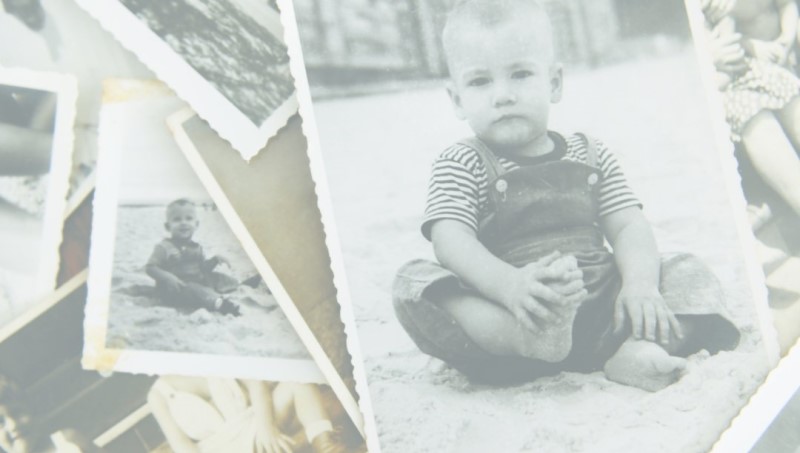What do we really know about our grandparents and parents?
A comment I hear so often when among friends and relatives is: “I know so little about my grandparents and even my own parents’ lives. What made them the people they became and what choices did they make in their lives that brought them to the present?”
My mother is now 90 and though frail is still strong and capable. I was lucky; my mother decided to have her LifeBook written about four years ago. She heard about the amazing service from a friend who had completed her own book. Her friend shared her book with my mother and described the whole experience to her. As a result, my mother decided to embark on her own project with LifeBook and her own personal interviewer began capturing and recording her story. Her project manager coached her and was on hand throughout to ensure her LifeBook team understood what she wanted in her project. At the time she did explain to me how the LifeBook team would set about capturing her story. It sounded excellent.
It triggered a deeper interest in her life
I could not however have imagined the effect reading her LifeBook would have on me. Suddenly it triggered a deeper interest in her life. The insights I gained from reading her life story were astonishing. For me, there were many ‘ah ha!’ moments. Suddenly there were situations I remembered from my own childhood which now as an adult I was able to understand.
One such event springs to mind. When I was at school I was naughty and indeed recall one school report described me as a ‘disruptive influence’. Then came the dreaded parents’ evening. My mother went along. I can recall sitting in the lounge watching Top of the Pops on the television waiting for her return with some trepidation. I heard her key in the door and the door flew open. My fears were met. All I recall was the fury and the explosion as she slammed the front door and entered the room. Her words were “Don’t you ever do that to me again”. Until I read her LifeBook, I had never really understood where that depth of fury came from. I was bad, yes I admitted that, but to me, it was not that serious. I was doing very well at school, so what was the problem?
When I read her LifeBook as an adult I now appreciated where the root of her anger stemmed from. She describes how she had been exceptionally bright and loved school, maths in particular. She was top of the class in everything and was excited to go to school every day. Sadly her father had died during the war and the family was very poor. At 14 she was expected to leave school, get a job and earn money for the family to live on. She had no option; she went to work in the clothing trade in the East End of London.
Following the parents’ evening at my school
Her LifeBook goes on to describe how throughout her life she felt she really lacked a complete education and sometimes felt inferior as a result. She became a successful businesswoman but still suffered from an inferiority complex due to her lack of education. So that particular evening her disappointment following the parents’ evening at my school and her subsequent fury had at last been explained. This was something I could relate to once I had read her LifeBook. Her own daughter was being offered the most fantastic opportunity at an exceptionally good school and was throwing away a chance she would have loved to have. Indeed in her view I was wasting a privilege. Now I understood the depth of feeling she must have had when she attended the school parents’ evening and learned of my poor, disruptive behaviour.
She valued education very highly and felt that everyone should have the opportunity to learn. It was something she felt was essential to help us all participate in life. Education, she said, opens doors. The more we know the more we can appreciate opportunities and make the right choices for ourselves without relying on others. Education was something she felt was particularly important for girls so they could be independent and have fulfilled working lives as well as home lives too. In her day it was rare for her peers to run their own business in the way she did and she felt a better education would have helped her. She has told me that in those days you could get away with it; now there is no hiding place and you must be educated to get on.

